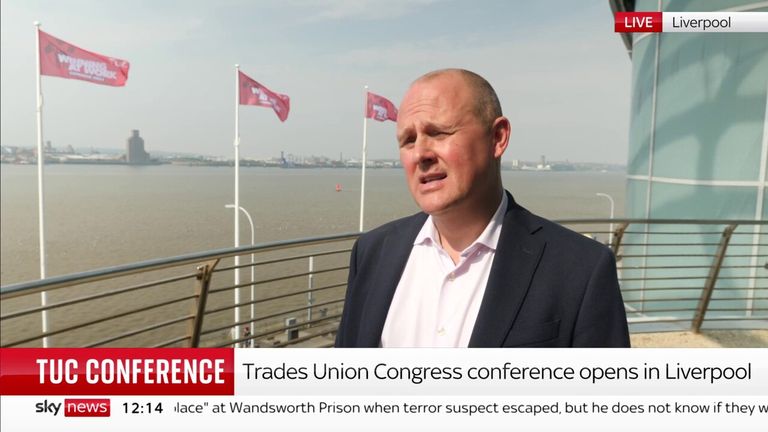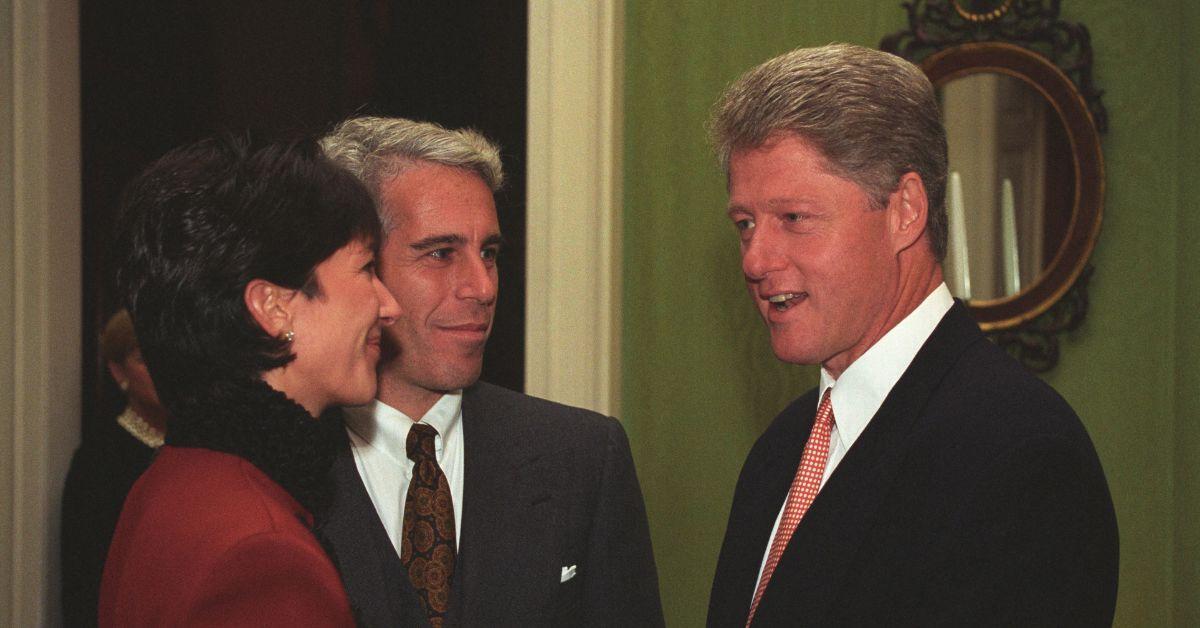Unions forced to keep schools open on strike days under plan attacked as ‘draconian’ | Politics News
Teaching unions will be legally required to keep schools open on a strike day after talks to reach a voluntary agreement around minimum service levels (MSLs) collapsed.
Unions have accused the government of “bullying teachers into silence” with the plan to ensure some threshold of staffing is provided on days of industrial action, so schools are not forced to close completely.
Politics Live: Gove tells COVID inquiry UK was ‘too slow’ to call first lockdown
Critics see the idea as an attack on the right to strike – but the government is adamant it is required following 10 days of walkouts this year that forced some schools to shut.
The Department for Education (DfE) said last month that it would seek a voluntary agreement with trade unions on what MSLs could look like but if one could not be reached, it will use powers introduced under Liz Truss to bring about a consultation before the plan is implemented.
Education Secretary Gillian Keegan said both sides entered discussions “in good faith and they were constructive”.
But she added: “There is a fundamental problem which is unions believe in their right to strike and so they didn’t feel that they were mandated to have those discussions about which cohort we could put a voluntary agreement in place for.
“It was clear that if we were going to continue, that would take quite a long time for them to be able to get to a place where they could have those discussions. And what I want to do is make sure that legislation is in place before the start of the next academic year.”
However, the National Education Union (NEU) claimed the “attempt at dialogue was never meaningful. It was disingenuous and cynical”.
“The end of talks was briefed out to the press by Number 10 before the talks ended. Sunak always intended to implement this draconian legislation without consent or mandate,” NEU General Secretary Daniel Kebede added.
The nine-week consultation, launched on Tuesday, will invite views on issues such as priority attendance for vulnerable children, exam groups, children of critical workers and the use of rotas for strikes lasting five days or more.
Once in place, the MSLs mean teachers could potentially be sacked if they were told that they were essential to work and they still wanted to walk out.
Read more:
New law to ensure 40% of trains run during strikes
Anti-strikes bill branded ‘shoddy and unworkable’
Ms Keegan insisted the government still supports “the fundamental right to strike”, but “we’re trying to balance that with the fundamental right of a child to an education as well”.
However, unions said instead of cracking down on strikes the government should address what caused them – pointing to low pay and the recruitment and retention crisis.
Dr Patrick Roach, General Secretary of NASUWT said: “The government is once again demonstrating its contempt for teachers, at a time when they should be listening to the concerns of the profession and facing up to the crisis in recruitment and retention they have created.”
“Today’s announcement is a shameless and politically-motivated attack from an out-of-touch government on a beleaguered and demoralised profession who day after day, continue to deliver for our children and young people, despite mounting costs to their own mental and physical health.”
The government settled its dispute with teachers in July after every major teaching union accepted an offer of a 6.5% pay rise to end the strikes.
It is seeking to legislate for MSLs across swathes of the public sector disrupted by industrial action in the past year, including rail and the NHS.
However, the Trades Union Congress (TUC) is attempting to stop this by reporting the plans to the UN’s workers rights watchdog.
MSLs are one of the few surviving emblems of the Truss era and have been opposed by trade unions and the Labour Party, which has vowed to repeal them if it wins the next election.




